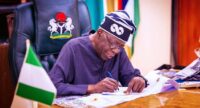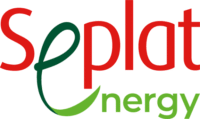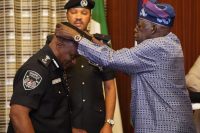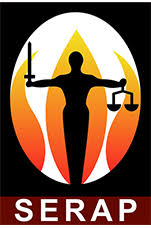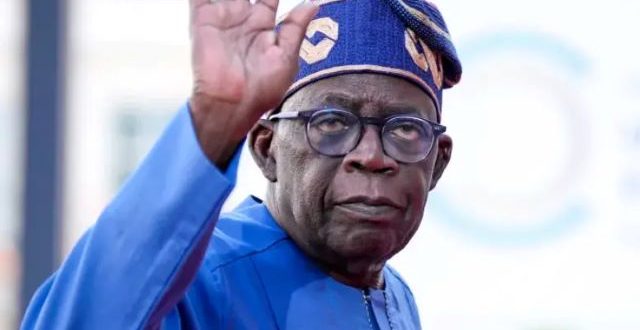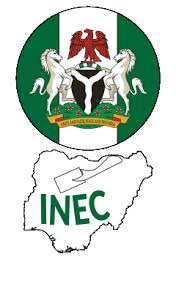The Independent National Electoral Commission (INEC) has been charged to identify and prosecute politicians and political parties that have begun electioneering ahead of the legally permitted campaign period.
BusinessTodayNG recalled that INEC recently expressed concerns about early campaigns, noting that they hinder its ability to track campaign finance limits.
The Socio-Economic Rights and Accountability Project(SERAP), which made the call through a letter dated 13 September and addressed to INEC chairman Professor Mahmood Yakubu, the rights group warned that it will take legal action if the commission fails to act within seven days.
According to a statement signed by its deputy director, Kolawole Oluwadare, on Sunday, SERAP described early campaigns as unconstitutional, illegal, and detrimental to Nigeria’s economic development and governance.
However, the commission claimed it lacks the authority to impose sanctions, a stance SERAP strongly disputes
“Identify politicians and political parties blatantly violating constitutional and statutory legal provisions and international standards which prohibit early election campaigns and to ensure the prosecution of perpetrators and their sponsors.
“Closely monitor political parties breaching the constitutional and statutory provisions and international standards which prohibit early election campaigns, and to develop clear regulations to govern the conduct of parties and politicians regarding premature election campaigns in Nigeria,” SERAP urged Yakubu.
Oluwadare emphasised that INEC has the constitutional and statutory authority to penalise electoral offenses, including early electioneering, which violates Section 94(1) of the Nigerian Constitution.
The letter, read in part: “Early election campaigns have adverse effects on economic development due to prolonged electioneering frenzy.
“As INEC is yet to publish the timetable and schedule of activities for elections, early election campaigns are inconsistent and incompatible with the letter and spirit of the Nigerian Constitution 1999 [as amended], Electoral Act and the country’s international human rights obligations.
“Several state governors seem to be using fuel subsidy windfall for early election campaigns. Several state governors are grossly failing to invest in social and economic development and provide essential services to their residents despite a significant increase in revenue since the removal of fuel subsidies.”
The group argued that an early campaign is unacceptable at a time when over 129 million Nigerians live in extreme poverty, according to a joint World Bank and National Bureau of Statistics report, and many states have failed to implement the new N70,000 minimum wage.
The group also urged INEC to closely monitor political parties, develop clear regulations to govern campaign conduct, and impose sanctions under Section 83(4) and Section 225 of the Nigerian Constitution.
It said, “Enforcing the prohibition against early election campaigns would be reasonable, justifiable and proportionate, as it would serve to achieve human dignity, equality, and freedom. INEC has broad constitutional and legal obligations to promote, protect, uphold the rule of law and defend the public interest.”
The organisation also called for investigations into the sources of funding for early campaigns.
It warned that failure to act would foster a culture of impunity and violate Nigeria’s international human rights obligations.
“Any failure by INEC to fairly enforce constitutional and statutory prohibitions of early election campaigns and the country’s international human rights obligations would create a culture of impunity of perpetrators and their sponsors.
“By failing to act against or sanction political parties, candidates and other politicians for engaging in early election campaigns, INEC is implicitly condoning the violations of the Nigerian Constitution, the Electoral Act and the country’s international human rights obligations.
“We would therefore be grateful if the recommended measures are taken within seven days of the receipt and/or publication of this letter. If we have not heard from you by then, SERAP shall take all appropriate legal actions to compel you and INEC to comply with our request in the public interest,” it said.
According to the organization, enforcing the 150-day campaign window is critical to upholding human dignity, equality, and the rule of law in Nigeria’s electoral process.
SERAP noted in the letter that Section 94(1) of the Nigerian Constitution provides that ‘the period of campaigning in public by every political party shall commence 150 days before polling day and end 24 hours prior to that day.
“Section 94(2) also provides that, ‘any political party during the 24 hours before polling day— (a) advertises on the facilities of any broadcasting undertaking to promote or oppose a particular candidate, commits an offence under this Act and is liable on conviction to a maximum fine of N 500,000.
“Paragraph F Part 1 of the Third Schedule to the Nigerian Constitution empowers INEC in section 15(f) to ‘monitor political campaigns and provide rules and regulations which shall govern the political parties.”

